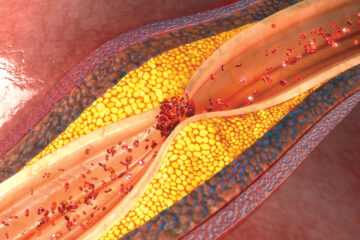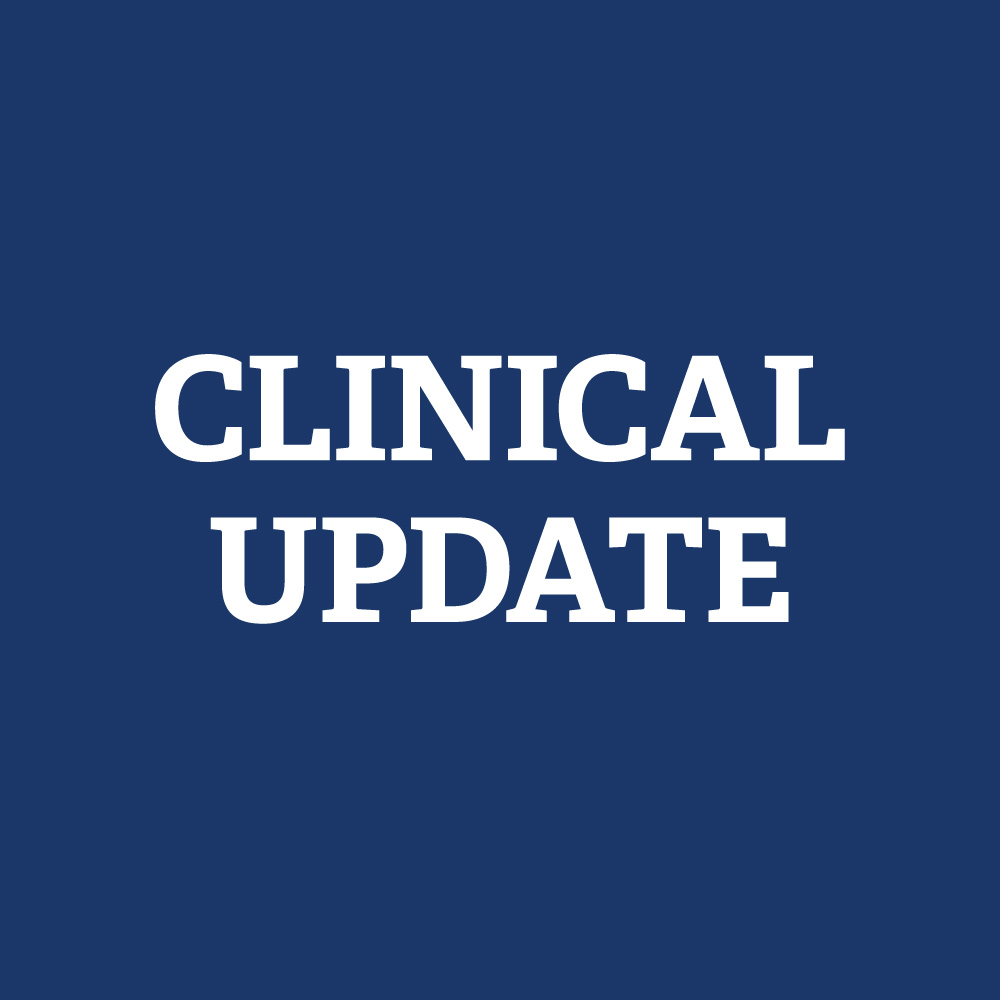Strategies to reduce lifetime risk of cardiovascular events
Primary prevention of arteriosclerotic cardiovascular disease (ASCVD) is a desirable but challenging goal to attain. Several strategies to delay the onset of clinically meaningful ASCVD have been proposed, however, clinical application of these strategies is patchy at best. Read More...





